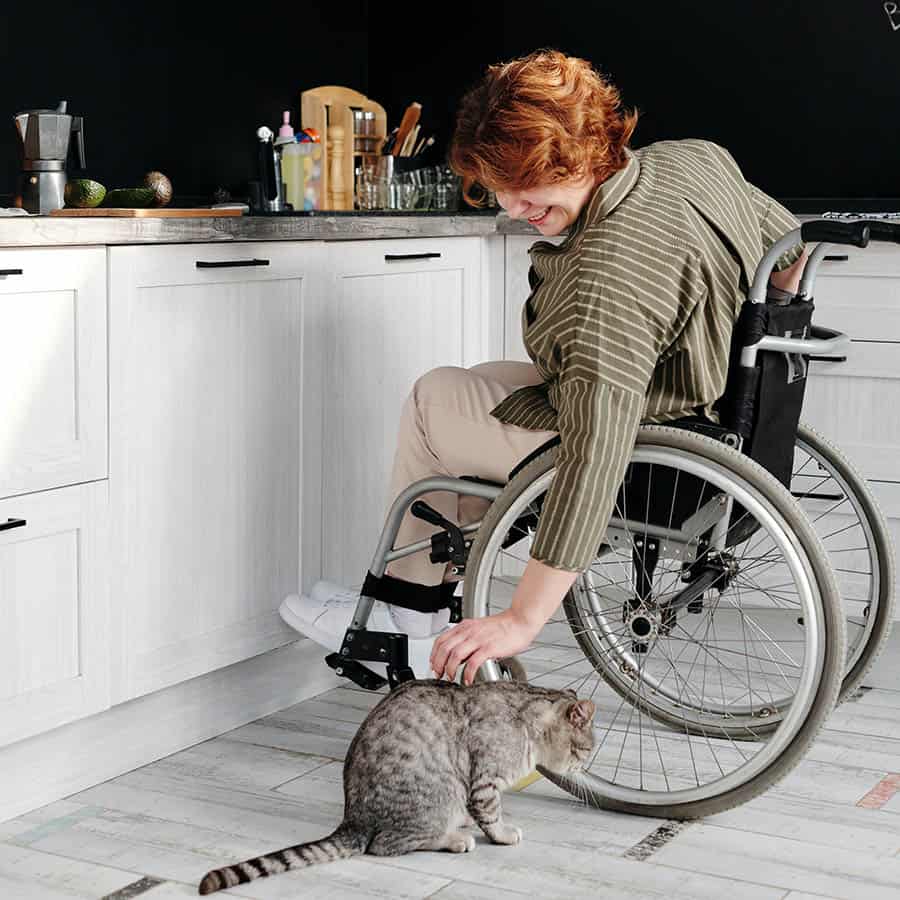Government delivers extra £50m housing adaptations funding

The UK Government has unveiled an extra £50 million for home adaptations, which will be provided to local authorities to enable older people and those with disabilities to live safely and independently in their own homes.
This latest funding comes on top of the annual £573 million already provided to local authorities for home improvement services.
Delivered jointly by the Department of Health and Social Care (DHSC) and the Department for Levelling Up, Housing and Communities (DLUHC), eligible disabled people of all ages will be able to apply to their local authority for a grant to adapt their home to better meet their needs.
Available to homeowners, private renters, and those in social housing, the funding will be delivered through the Disabled Facilities Grant (DFG).
Minister for Adult Social Care, Helen Whately, said: “If you’re older or living with a disability, a well-adapted home gives you independence and safety. Living in your own home can be impossible after illness or injury without changes like wheelchair ramps, handrails or a stairlift.
“This new funding will help thousands more people have homes fit for their needs – and faster. When time is of the essence, this fund will help local authorities do urgent and smaller-scale adaptations more quickly.
“Sometimes all that stands in the way of a patient going home from hospital is a simple home adaptation – so this is good news for patients and hospitals too. It’ll mean more people can recover from a hospital stay at home, and more NHS beds for patients who need them.”
Announced as part of the ‘Next steps to put people at the heart of care’ plan, the £50 million is the first tranche of a £102 million investment over two years that will enable local authorities to provide additional services that are agile, make minor adaptations quickly, and support speedier hospital discharge.
Parliamentary Under Secretary of State at DLUHC, Felicity Buchan, commented: “We want everyone to have high quality, safe and suitable homes so they can keep living more independently, including people leaving hospital care. This funding provides councils with additional resource to support those in need and builds on the funding already in place.”
Providing suitable adaptations to homes, such as incorporating assistive technologies like wheelchair ramps, handrails, stairlifts, or specialist equipment, will mean that when someone is medically fit to be discharged, they will have somewhere safe to be discharged to, freeing up hospital beds for those who need them.
As a result, this will help to reduce waiting times, which will be important as the health service approaches the winter months, when pressure on the NHS increases, the UK Government underlines.

